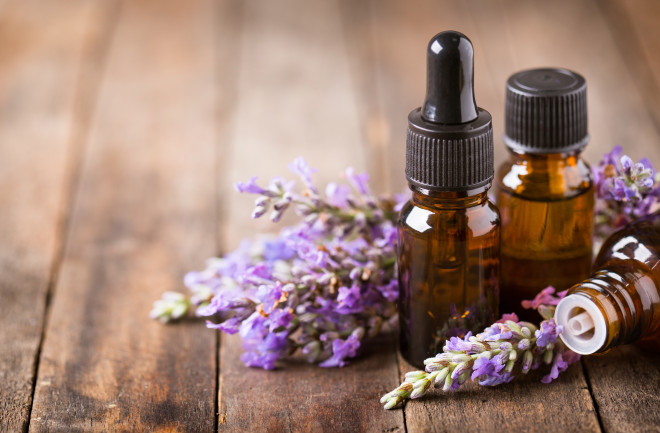When the way that you make sense of the world around you begins to falter, it can be confusing and frustrating, to say the least. Dementia can affect the most fundamental parts of human cognition — including memory, language, and even the ability to make simple decisions like what you want for breakfast.
Today, there is still no cure for the condition, but a handful of prescription medications can lessen symptoms. Another, more controversial, treatment is aromatherapy. Some research has found that essential oils can help calm down dementia patients. There is also evidence that certain oils may even improve cognition. Though the body of work behind these treatments is still growing, early findings suggest that aromatherapy may be a non-invasive way to give patients some kind of relief.
“They have been used for such a long time,” says Snezana Agatonovic-Kustrin, a chemist at I.M. Sechenov First Moscow State Medical University in Russia who has conducted research on essential oils and dementia. “But no one looked into the details.”
Which Essential Oils Are Good for Dementia?
The two most-studied essential oils for dementia treatment are lemon balm and lavender. Earlier this year, a Taiwanese research group published an investigation into how patients at a daycare center for dementia responded to daily aromatherapy with these two oils. The scientists found that the patients who received aromatherapy were significantly less agitated.

